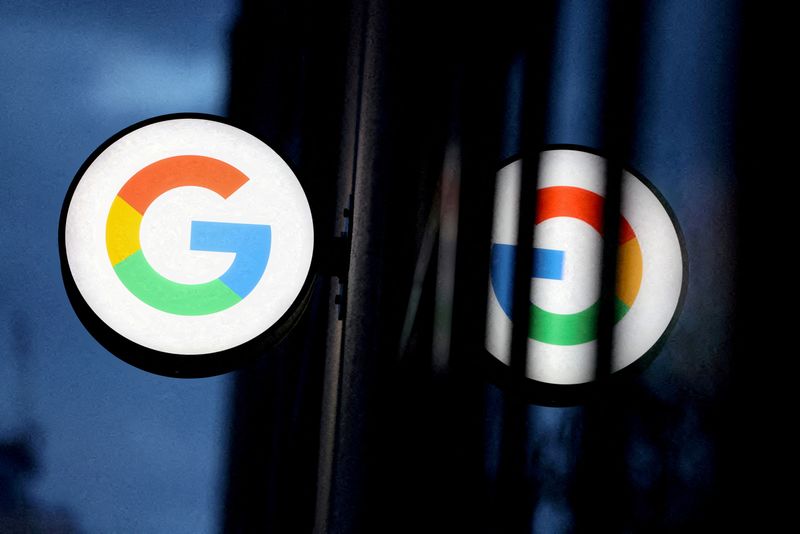By Stanley Widianto
JAKARTA (Reuters) - Alphabet (NASDAQ:GOOGL) Inc's Google was among the last remaining tech platforms yet to comply with Indonesia's new licensing rules late on Wednesday, hours from a deadline to sign up and avoid having its services blocked in the country.
Registration is required under rules released in late 2020 that would give authorities broad powers to compel platforms to disclose data of certain users and take down content deemed unlawful or that "disturbs public order" within four hours if urgent, and 24 hours if not.
With a young, tech-savvy population of 270 million, Indonesia is a top-10 market in terms of user numbers for a host of social media companies.
"We are aware of the regulation's requirements, and are in the process of taking appropriate action towards compliance," a Google representative said, without elaborating.
The communications ministry has said firms that do not register before midnight Wednesday will be reprimanded, fined, and then blocked - a decision that will be reversed once they sign up.
While the ministry did not say when the block would take effect, it is unlikely to be immediate.
Twitter (NYSE:TWTR) was among the latest companies to be added to a communications ministry list of foreign providers that have signed up.
In a statement on Wednesday afternoon the company said it had "taken appropriate steps to comply".
Meta Platforms Inc's units Facebook (NASDAQ:META), Instagram, and WhatsApp registered on Tuesday, while Spotify (NYSE:SPOT), Netflix (NASDAQ:NFLX), and ByteDance's TikTok have also signed up, the records showed.
The government says the new rules aim to ensure internet service providers protect consumer data, and that online content is used in a "positive and productive" way.
But it can also compel companies to reveal communications and personal data of specific users if requested by law enforcement or government agencies.
Two sources at large internet platforms said they remain concerned about the data and content implications of the regulation and the risk of government overreach.

The Alliance of Independent Journalists in Indonesia said some provisions were open to abuse.
"The consequence could be that news or content that reveals rights violations ...or investigative reports could be considered unsettling...by certain parties, or even by the government or law enforcement," the alliance said on Twitter.
